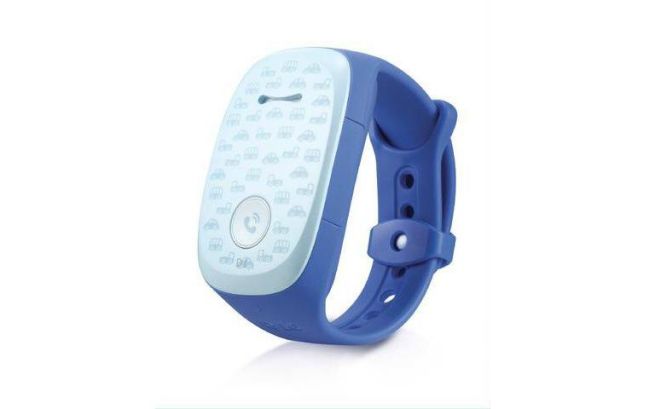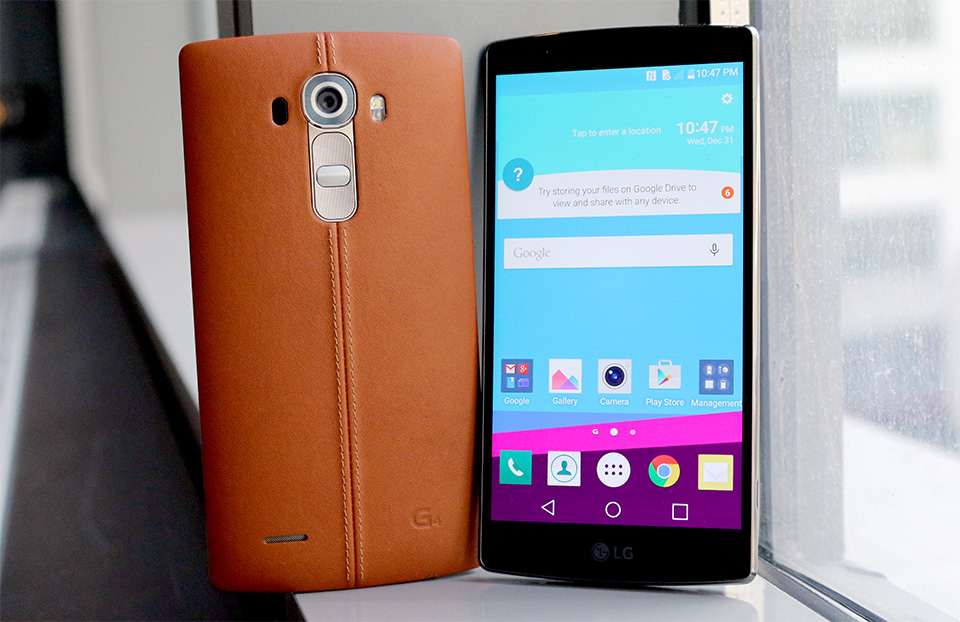
Blog
WE DELIVER RESULTSSafety tips for single when staying in a rental apartment
Not everyone can afford one’s own house in today’s economy and not everyone has parents in the city they live in. Many youngsters nowadays move away from their home and hometown, to various parts of the country for work.How to choose an affordable smartphone
Going for affordable but not cheap smartphones Nowadays it is important to switch over to a smartphone, mainly because you have so many options and features which can make your life and job so much easier. But, with the advancement of technology, it was possible to lower some of the costs of making a phone, and it is possible to find an affordable, practical and very good model. Remember that just because a phone is too expensive, does not mean that it will be a good investment, however, do not assume that because a model is cheaper that it is less worthless too.The Model 01 is breaking in Kickstarter
Kickstarter has become the starting point of great technological products, and this time we speak to them of a keyboard Open Source in a few days has become a reality thanks to this platform Crowdfunding.
His name is Model 01 (and with the originality of its creators), and is a key addition to being different in shape and performance when used on a computer, is also Open Source, which allows us - or permit - get our hands on a fully programmable tool based on our needs and daily tasks.
LG KizON the wearable baby arrives
It is not a new development, but now makes its landing in our stores, causing a good deal of interest.
LG KizON arrives on the market, offering himself with the notes of his seductions. This wearable, of which there were widely employed, is designed to give additional doses of tranquility to parents with children between four and eight years old, when they are forced to move away from them.
Wide Availability of Replacement Parts Makes Life Easier for Industry
No matter what industry a company finds itself in, there is always the need for replacement parts on demand. Whether in the manufacturing industry, in the technology world, or in some other industry, a company will need to have a way to get spare parts quickly and cheaply. In fact, some companies today are stocking up on spares before anything bad ever happens. They know that there is significant value associated with being prepared for these situations. With new online providers out there today, it has never been easier for companies to get the parts and services that they need.Induction Duo Speaker physical contact active music
Technology evolves, even in terms of content use. On this front, it expresses well the work conducted by the authors of Induction Duo Speaker.
Induction Duo Speaker is an audio speaker that most facilitates the enjoyment of music files, saving some maneuver than other similar devices, in particular conditions of use.
NVIDIA Shield Console for sale in the US at $ 199
Nvidia officially introduces its new platform for video gaming. Nvidia Shield is a console based on Android TV from now on sale with a starting price of $ 199.
Nvidia is pretty serious about its current lineup of platforms for video gaming. The evolution of the idea of the US company started from the particular handheld Nvidia Shield, a device consisting of a controller with integrated display, to get to ... Nvidia Shield.
Meet watchOS 2 and latest Apple watch
Among the topics discussed at WWDC held at Moscone Centre, one of which they were highlighted the second version of the apple clock that includes more ways to customize the interface and new features OS.
The first thing they showed us was the way in which we can change the átulas car, allowing us to put several timelapses both urban and natural landscapes, through the option to add a photo or why not? use all your library and change image whenever you check the time.
He also talked about something they call complications that act like widgets so you can check the status of a flight, the battery of an electric car or progress Rings app activity, all within the same screen where you can check the time, date and other things we already know.
LG G4 and it has been our experience after a month of use
After the corresponding analysis, the LG G4 has gone through our usual test involving intensive use and as a single terminal for a month. If any section of the operation of LG G4 we could refine after our analysis, this was the time to do it. We leave you now with our analysis of the LG G4 after a month of use.
Exclusive design at other levels beyond the finish
In our long test with each terminal, the part design and how each terminal operated for a full month is the most relevant sections. This LG G4 wanted to see how well we got along with leather finish of the back cover and if we came back after a good season without those back buttons of LG, to hook your bet.











